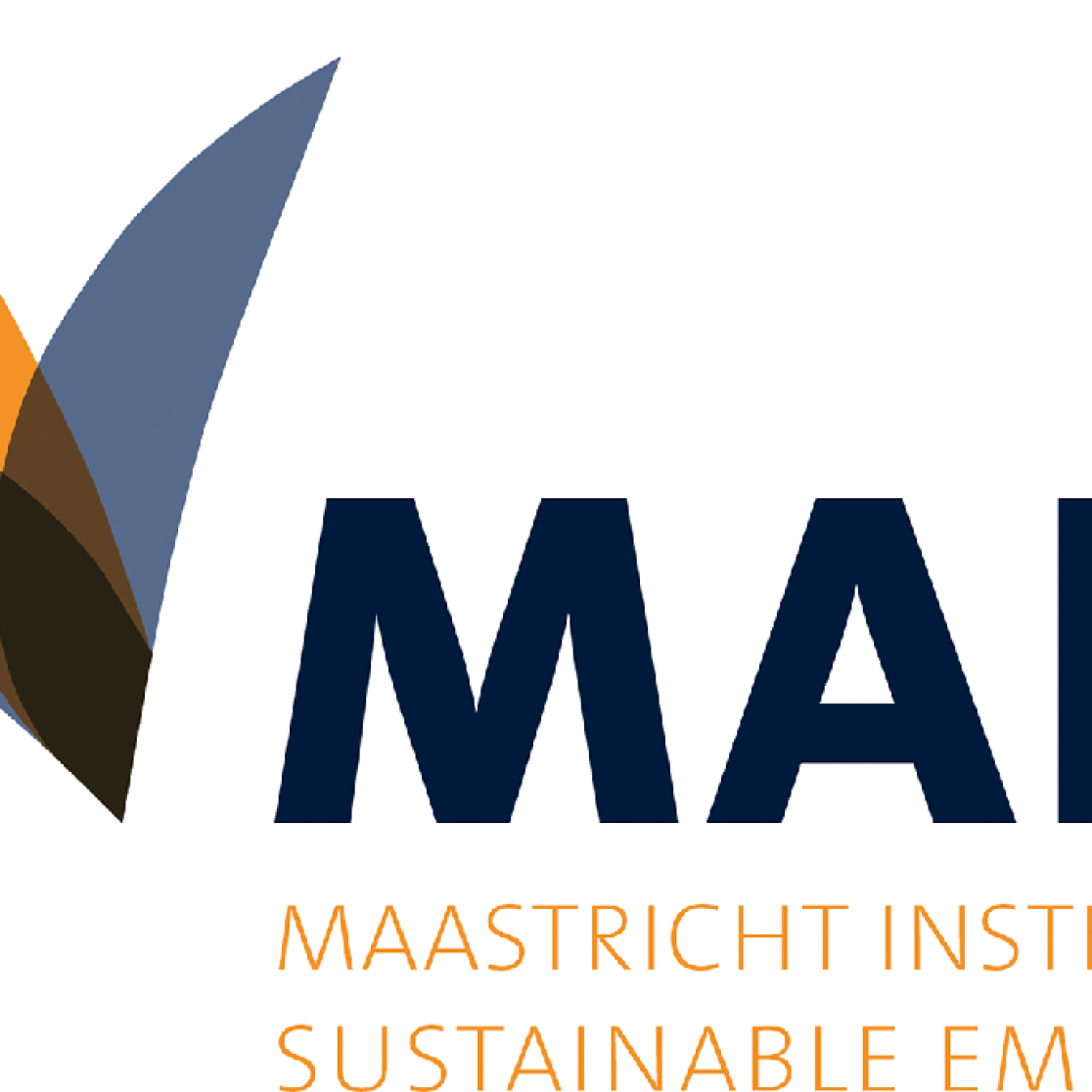"Being pushy doesn’t work, creating support does"

Including low-skilled workers in the dialogue about a healthy workplace
How can we improve the health status and sustainable employability of employees with low levels of education? The project 'The MAISE toolkit' aims to find an answer to this question through an innovative approach: including employees in conversations about creating a healthy workplace. If the toolkit proves effective, it will be made available nationally to labour organisations in the Netherlands. 'We want the project to spread throughout society like wildfire.'
Involved research line
- Health Inequity and Societal Participation
Employees with low levels of education tend to be in poorer health than employees with higher levels of education. Despite increased efforts, this gap appears to be widening. Many health interventions don’t work for employees with low levels of education. 'Employers tend to focus on their employees’ lifestyles', explains Inge Houkes, project leader and assistant professor in the department of Social Medicine. 'Employees should change their behaviour by quitting smoking, exercising more and eating healthier, for example. But many employees with low levels of education don’t know how to go about this, don’t want to change their behaviour or want to decide for themselves whether or not they will. These kinds of interventions ultimately don’t do much for their health and employability.'
The goal of the project is to improve the health status of employees with low levels of education. It takes an innovative approach: employees are given a say and asked to voice their needs. 'Being pushy doesn’t work, creating support does' is the basic thought behind the project. A dialogue-based approach has been developed with a toolkit called Healthy HR. This toolkit contains a variety of tools and instruments for purposes ranging from identifying needs to developing and implementing tailored health interventions. One of the instruments is the MAISE (MAastricht Instrument for Sustainable Employability), which was previously developed to define sustainable employability from the employee’s perspective. Houkes explains, 'So, what is the problem? What can we do about it? How are we going to go about that? In each step, the focus is on the dialogue between employer and employee.'
Management styles
The research team is working together with five companies that have relatively many employees with low levels of education and high levels of employee absenteeism. The participating companies are four large companies and one small- to medium-sized enterprise in the Limburg region. Two of these companies are already implementing Healthy HR. As many employees as possible are involved in the project. 'Some employees were sceptical about it at first', says Houkes. 'They were like, "We’ll see if anything changes." This is the moment of truth. It’s interesting to see what the companies will do with the results. Healthy HR really requires a different way of working and managing a company. Employees have to be given more responsibility, for example. It’s a disruptive intervention in that sense. But the companies realise that this is the way to go, given the high levels of absenteeism they’re experiencing.'
The first results show that employees struggle primarily with the way their workplace is organised. For example, they may experience inconvenient working hours, unsafe work environments and, especially, counterproductive management styles. 'Managers are often quite directive', Houkes explains. 'They don’t listen to and communicate with their subordinates enough.' It has become clear that employees feel a strong need for job control, a proven health factor. They want to have more influence on what happens in the workplace. 'Employees with low levels of education sometimes feel like things just happen to them and they don’t have any control over them.'
Different perspectives
Houkes is working on the project with two professors, Angelique de Rijk and Hans Bosma. De Rijk focuses on work and health, specifically on return to work. Bosma focuses on socio-economic inequalities in health. PhD student Emmelie Hazelzet has a background in business. According to Houkes, the fact that each researcher provides a different perspective is beneficial to the project. 'It’s about sustainable employability, but each of us looks at this topic differently and takes different aspects into account. The importance of job control, for example, was identified from the perspective of socio-economic inequalities in health. And working together with labour organisations is also particularly valuable to the project. It teaches us a lot.'
Reducing health inequalities
The project is consistent with the objective of the Dutch National Prevention Agreement to reduce health inequalities. The toolkit is also intended to increase employees’ sustainable employability. 'With people retiring later, it’s important that they on average continue to be healthy, strong and productive throughout their working years', says Houkes.
Reducing health inequalities in the workplace is an important value of CAPHRI. The project is currently in the pilot phase. 'Our plan is to make the Health HR toolkit available to all companies. Just the toolkit and the right attitude can take a company a long way. To increase its social relevance, we want the project to spread throughout society like wildfire.'
Text: Hans van Vinkeveen
Translation: Maud Bovelander

Involved partners
- 4 large companies within the Province of Limburg (industry, cleaning, and financial sector)
- 1 SME within the province of Limburg (logistic sector)
- Mulder Arbeid en Gezondheid